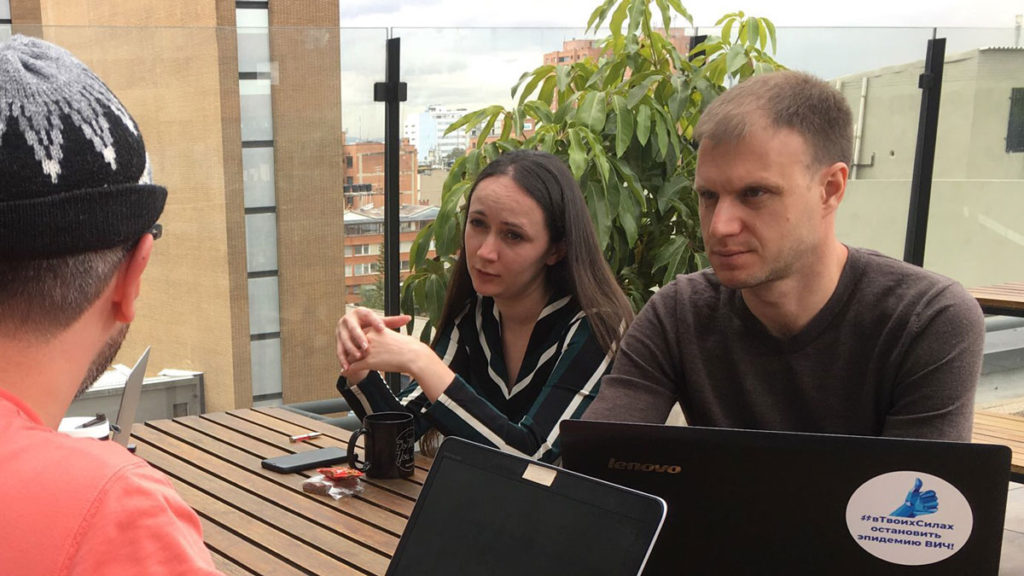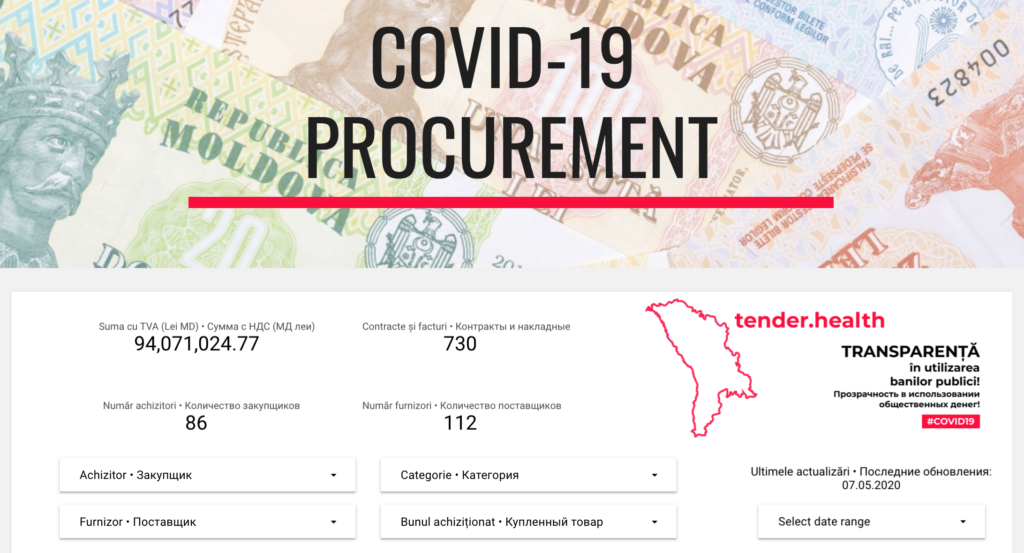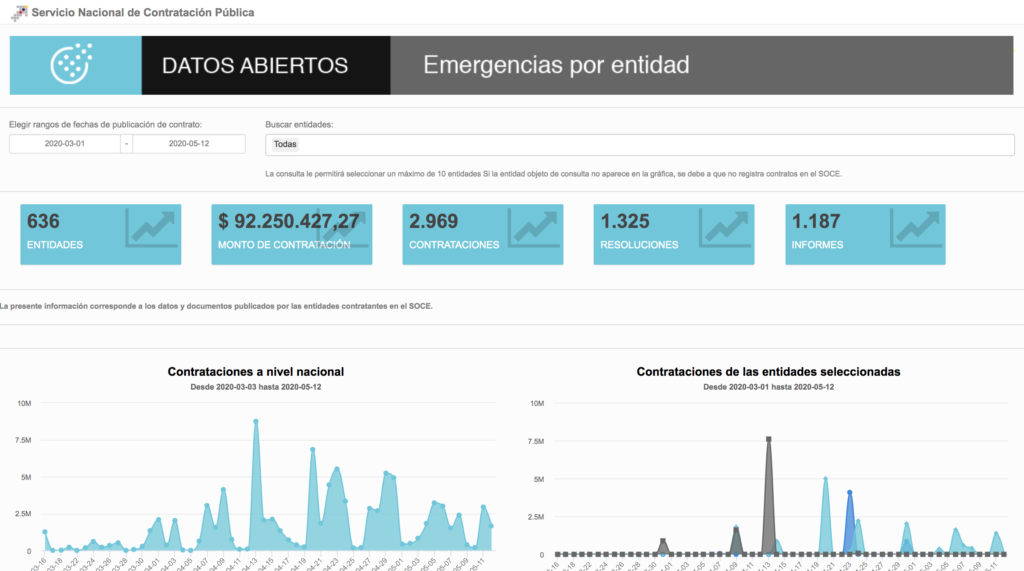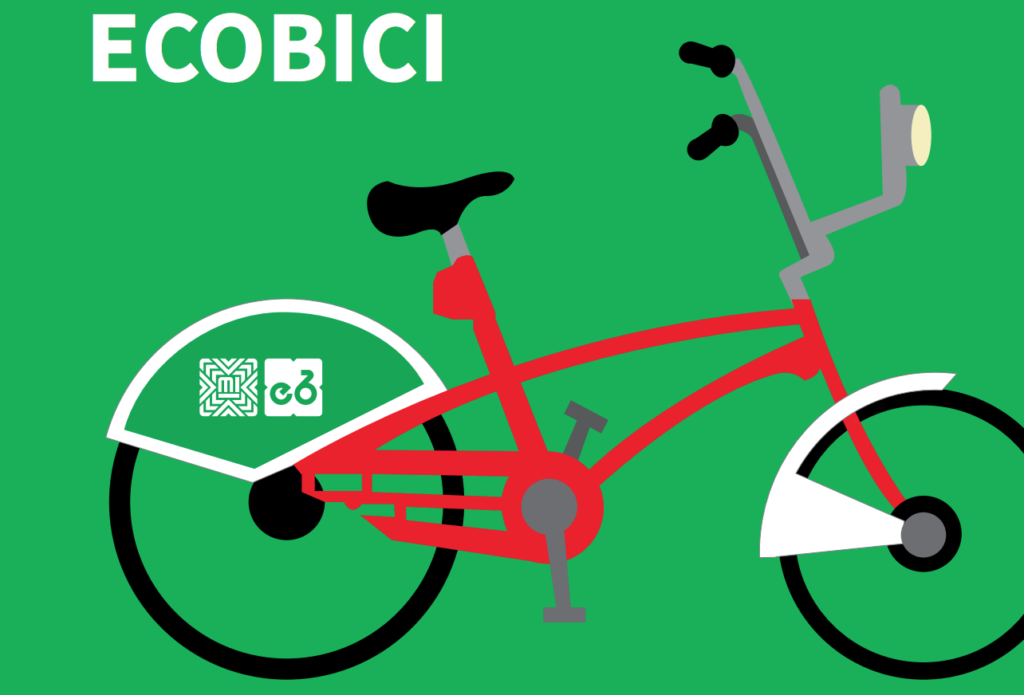Reforming procurement in a crisis: how Lift teams are leading the way

Many procurement practitioners believed government contracting was overdue for a makeover long before the coronavirus pandemic pushed procurement systems to their limits. The chaotic scramble to get effective protective equipment to health workers and tests to patients in recent months has shown all of us what these practitioners knew already – public procurement is in urgent need of reform.
In October 2019, we began working with five teams of procurement practitioners through Lift, our impact accelerator program, with the aim of radically improving specific goods, works, and services, or expanding economic opportunity. Each team has a goal to address critical issues in their own procurement systems, like improving opportunities for smaller businesses, lowering the price of medicines, offering innovative public services and enhancing internal coordination within government. The progress they’ve made towards these goals and their new skills have proved invaluable during the current crisis. Many of them have applied open contracting to improve COVID-19 related procurement, using open data, better coordination, civic monitoring and fast flexible project management to navigate unprecedented and complex challenges in their communities.
So, here is the progress of Lift teams in Buenos Aires, Ecuador, Mexico City, Moldova and New Orleans and how they have responded to COVID-19 (click to jump to the update).
Building a campaign for COVID-19 monitoring in Moldova in 60 days
Constantin Cearanovski knows a lot about deadly health conditions. He is from Moldova, a country with some of the highest rates of HIV and tuberculosis in Europe. As a board member of Positive Initiative, the largest patients’ rights and advocacy group in Moldova, he thought he had seen it all. Then the COVID-19 global pandemic hit.
“We immediately rushed to bring together civil society organizations and the government. We knew that a fast and coordinated response would be essential to prevent the spread of the disease and make the most of our limited resources,” explains Constantin.

Thanks to the readiness and mobilization of civil society, now a community of thirty organizations – including government ministries – regularly meet to find solutions together.
When they joined the Lift program in 2019, Positive Initiative sought to improve Moldovans’ access to healthcare by lowering the price of HIV and tuberculosis medicines. As they’ve adapted to respond to the coronavirus crisis, the team credits their work with OCP and Lift over the last six months with setting them up for success. In a matter of weeks, they managed to build a public platform that displays detailed information about all the government’s contracts for supplies and services to fight COVID-19. The platform’s user-friendly dashboards are designed to reveal real-time insights that are most relevant to taxpayers and vendors, such as price comparisons, how much each health facility has spent, when items are delivered, and which companies are supplying them.
“Because of Lift, we were able to move faster. We already had a collaborative, cross-functional team in place with members from civil society and government. We were also much better equipped to start data monitoring,” says Constantin.
This work monitoring COVID-19 related contracts builds on the team’s efforts to advance access to affordable medicines during the first phase of the Lift program. Through Lift, the team gained the support of the Ministry of Health and other health authorities, who publicly endorsed some of the civil society group’s key recommendations and signed cooperation agreements to improve healthcare together. They identified how the government could save money by determining which name-brand drugs currently being procured could be replaced by lower-cost generics. They also secured funding to begin developing a country-wide stock management system, which will be an important instrument for enhancing health sector budgeting and planning.

Looking ahead, the team expects their COVID-19 procurement monitoring to provide useful insights for authorities responsible for making decisions through this complex crisis. They will also conduct training with civil society representatives, who play an important watchdog function in ensuring accountability, and push ahead with their other targets: lowering drug prices by spring 2021, building a centralized stock management system, developing draft legislation to improve procurement policies and close loopholes, and advancing their research on generic replacements for brand-name drugs.
Live data and fast coordination for better planning in Buenos Aires
When emergency procurement corruption scandals began to emerge in Buenos Aires amid the spread of the virus, the public was outraged. But the Lift team from the City Government of Buenos Aires saw an opportunity to act. Before the pandemic, the group had been working towards their goal of using open contracting to expand economic opportunity for small and medium enterprises (SMEs). After the corruption scandals, the team leveraged the network and knowledge they had gained through their work with Lift to advocate for greater transparency in emergency contracts. Because of their work with open contracting, the team managed to bring tangible solutions to their colleagues as well.
“We were able to pivot and build buy-in across departments to ensure that all emergency contracts related to COVID-19 contracts are updated weekly and will soon be available in the OCDS format,” explains Juan Martín Vila, Director of Open Government of Buenos Aires City Government, referring to the global, non-proprietary Open Contracting Data Standard (OCDS) for disclosing public contracting data. “This has improved transparency and is creating a new channel to encourage local businesses to participate in emergency public procurement.”
The city’s work with Lift and OCP helped shape their approach to the emergency. Using emergency procurement policy recommendations from OCP, the team made a compelling argument for more open contracting to senior leaders, including the Ministry of Finance.
“Due to this crisis, everyone understands the business case for better open OCDS data and systemic procurement reform in our city.”
Juan Martín Villa.
Now all emergency procurement processes have been centralized, emergency contract information is open and updated on a regular basis, and the city has established legal anti-corruption strategies, including signed conflict of interest disclosure forms. The team is also developing a method for detecting conflicts of interest by adding a public analytics dashboard for COVID-19 related contracts to the open contracting portal along with a bulk data download function. These components are set to go live in mid-May.
Meanwhile, the Lift team continues to push ahead with their central goal of expanding opportunities for SMEs. The team has achieved their preliminary aim of building strong buy-in from across city hall for the project and developed strong ties with key departments. They have also identified opportunities for more engagement with SMEs by analyzing data from the city’s current engagement. Prior to the pandemic, the team made progress on their strategy to lower the barriers to entry for smaller businesses through user research and training programs for SMEs. Now the team has shifted this work to be remote and online. The city is also creating new communication channels to understand their needs during the emergency and recovery. Vendors can register their availability to provide vital materials.
Although the economic signs are grim, the City of Buenos Aires is hopeful that they are positioned to provide better, data-driven support that revitalizes local businesses in the recovery.
Mobilizing public watchdogs in Ecuador
The Lift team in Ecuador is a coalition between civil society and government that has the ultimate goal of creating a more open, transparent, and responsive procurement ecosystem. As part of this larger reform effort, the National Procurement Agency, SERCOP, had planned on upgrading their e-procurement system with the OCDS. Civil society organizations wanted to create a civic public procurement monitoring system with an initial focus on medicine procurement. Nobody on the team could have predicted an urgent public health crisis would soon strike.
The pandemic has shown just how powerful this systemic reform, built on collaboration between government and civil society, could be. SERCOP created a public search tool to monitor COVID-19 emergency procurement and detect signs of corruption and provided a channel for complaints. Civil society identified overpriced contracts for key medical supplies including N95 masks and body bags, and generated public pressure to suspend processes and hold responsible actors to account. This type of feedback loop is exactly what the team had in mind when they began their work through Lift.
Although the crisis has highlighted the potential impact of the Lift team’s project, a systemic reform like this one is a challenging, long-term effort that requires a lot of planning. The team has made great progress to be able to react to this situation.
“The Lift process has helped our team, which is co-led by government and civil society, to align ideas, define the problem, and see the possibilities and opportunities,” said Wladimir Taco Lasso, Technical Operations Lead for SERCOP. “We’ve been able to use our experience in this moment when it’s most needed to facilitate information sharing among actors, enable agile decision making, and help ensure public oversight over emergency public procurement.”
The mounting pressure led to a new user-friendly open contracting portal with dashboards for the national level, agencies, and suppliers. Just last week, the team launched their Emergency Data Portal which provides key visualizations and open data to enable social control. More detailed data, including through the OCDS, will be available shortly.

“This is an important step for us and opens the door to total transparency in public contracting,” said Wladimir. “It also allows us to gain more experience with medical procurement data, which will enable us to better achieve our broader Lift team goals.”
While focusing on COVID-19, the team has gained valuable insights that will inform the development of a larger monitoring platform for health procurement in the future, and has laid the groundwork for stronger collaboration and monitoring of public contracts by civil society organizations.
Looking ahead to inclusive recovery in New Orleans
The City of New Orleans is one of the hardest-hit communities in the United States by the COVID-19 pandemic. Not only has the city’s population suffered from some of the worst health outcomes anywhere, the local small business economy has been decimated by the lack of tourism, which typically powers the local economy. This current crisis also comes on top of a cyber attack over the winter, which crippled the municipal government’s ability to operate normally for weeks.
“The impacts of COVID-19 are going to leave a mark in history for the city. How we respond to this pandemic will define us,” commented Mayor Cantrell. “We want to help our businesses as best as we can.”
Yet through it all, the City of New Orleans Lift team is pursuing its vision of supporting a more equitable and inclusive community by using open contracting to expand access to procurement opportunities for local, minority-owned small businesses. For example, the city had a requirement that Request For Proposal evaluations be scored in an open, public meeting. To maintain transparency during the pandemic, the city has moved to holding these public meetings online.
The city sees this procurement reform work as a crucial part of their economic recovery efforts. With strong support from the Mayor, the Lift team has built a solid foundation to succeed and built buy-in from across city hall for this project. Now the Mayor’s Office, the Office of Supplier Diversity, the Procurement Office, and the Office of Information Technology and Innovation are all working together to achieve systemic reform. The team is also working to make government contracts more accessible for smaller vendors by unbundling large contracts redesign and branding their Disadvantaged Business Enterprises program to target non-traditional city vendors.
An answer for commuters in a post-covid world in Mexico City
As lockdown and social distancing measures have come into force, the transport and mobility needs of cities have shifted dramatically. The team from Mexico City began the Lift program last year seeking to renew the contract for the City’s successful bike-share service through an open and competitive process. Despite the slowdown in city processes and a pause on non-essential procurements amid the pandemic, the team has pushed ahead with their efforts to expand the number and distribution of bikes across the city through an innovative procurement process that guarantees the best conditions of public service, value for money, and transparency.
While the project may not have a direct link to the medical and economic aspects of the COVID-19 response, the Lift team’s work is timely. As Latin America’s largest bike-share program, the ECOBICI service may become even more useful as a healthy and green alternative to public transport as the city reopens.

The Lift team’s project has highlighted open contracting strategies that will be very useful as the city seeks to make the most of limited funds in the aftermath of the pandemic. Already other departments within city hall have turned to the team to replicate their open contracting practices.
For example, after a strategic public campaign to announce the renewal of the contract in late 2019, the Lift team received seven responses from nine companies to their landmark Request for Information, which helped them gather valuable information to understand the market and capabilities of potential suppliers. By publishing key and aggregated findings from the vendor responses, the City shared how the consultation process was informing the design of the new service model with the public and the vendor community. Intentionally releasing data on key variables will help all vendors refine their proposals and increase public trust in the process.
“The value of open contracting is much more than just finances. Above all, it’s the type of public administration that we want and we need,” remarked Guillermo Avila Resendiz, Director of Systems Regulations of Sustainable Urban Mobility of Mexico City.
What’s next for the Lift teams
In this challenging moment for us all, we are humbled to see how the teams were able to respond rapidly and effectively to this crisis. Because of the groundwork developed through Lift, we are confident that they will push through this crisis to achieve their goals. Now more than ever, open contracting matters. We look forward to supporting our partners as we rebuild stronger, together, and push for systemic reform in public procurement.